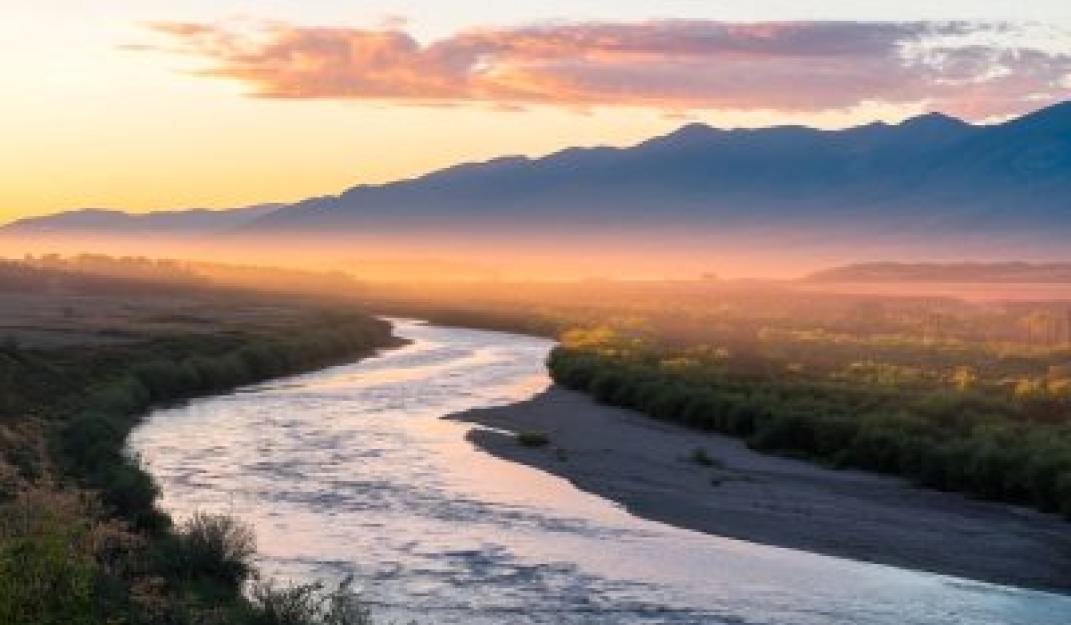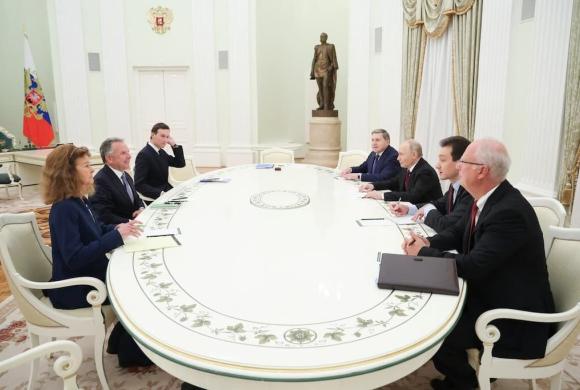Hydropolitics in Central Asia: Balancing Tensions and Good Neighbourliness in Kazakhstan–Kyrgyzstan Water Relations

In an era marked by accelerating climate change and heightened global instability, water security has increasingly become a prominent concern, particularly in Central Asia. Many observers warn that competition over scarce water resources could escalate into open conflict within the region in the coming decades. The unique nature of water allocation in Central Asia—deeply intertwined with economic development, political dynamics, and energy security—makes water management a sensitive factor in interstate relations. Nevertheless, rather than defaulting toward confrontation, Kazakhstan and Kyrgyzstan carefully navigate between two dominant narratives in their water-related discourses: prioritizing agricultural needs and emphasizing good neighborliness. These narratives create space for cooperation and temporary accommodation, enabling both states to effectively manage recurring tensions surrounding shared water resources.
Kazakhstan and Kyrgyzstan occupy contrasting positions in Central Asia’s water geography. Kazakhstan as a downstream state heavily reliant on transboundary water, and Kyrgyzstan as an upstream country endowed with abundant water resources. Despite this asymmetry, both states strategically frame their water discourse around agriculture and consistently emphasize principles of “good neighborliness.” By using these shared narratives, Kazakhstan and Kyrgyzstan effectively depoliticize water-related issues, thus helping to manage and alleviate tensions. Furthermore, the narratives reflect broader power dynamics: Kyrgyzstan tends to leverage its upstream advantage to strengthen its negotiating position, whereas Kazakhstan frequently relies on administrative and diplomatic tools. This op-ed examines precisely how these two narratives interact within the bilateral discourse, asking: How do Kazakhstan and Kyrgyzstan manage their water-resource tensions through competing yet complementary narratives?

The Hague Research Institute
The Hague Research Institute is an independent non-profit think-tank. Our goal is to provide both local and international audiences with clear policy analysis, opinion articles, and research about Europe’s connections with the South Caucasus and Central Asia.



